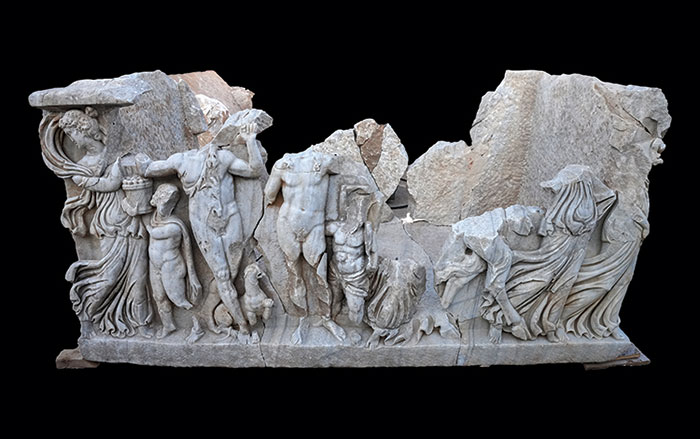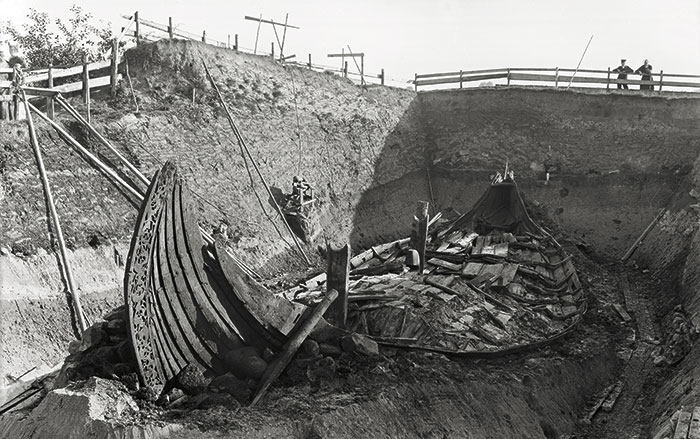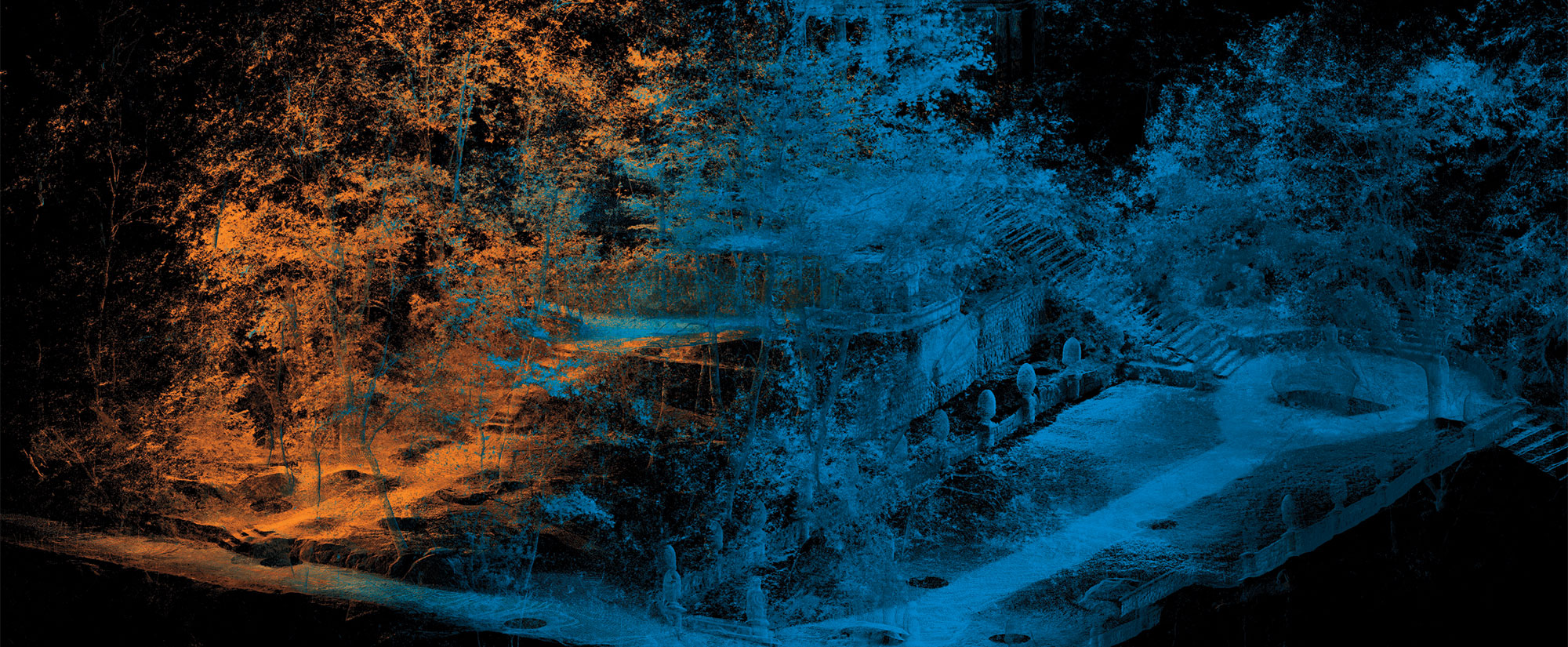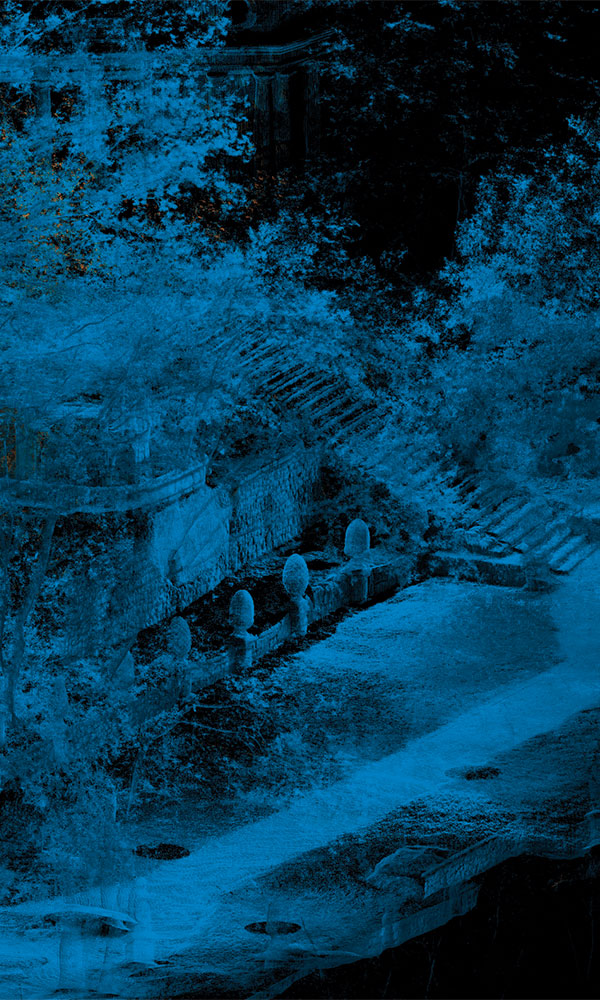GERMENCIK, TURKEY—Türkiye Today reports that Turkish archaeologists led by Gorkem Kokdemir of Ankara University at the site of Magnesia in western Turkey have uncovered an extensive 2,400-year-old area paved with well-preserved marble slabs that once formed part of the city’s agora. In ancient Greek settlements, the agora served as a city’s main religious, administrative, and social center. Before archaeologists began excavating Magnesia’s main square, it was covered by nearly 15 feet of silt layers deposited over the centuries by floods from the nearby Büyük Menderes River. The team has thus far uncovered about 12,000 square yards of the 25,000-square-foot agora. The space was once surrounded on all four sides by colonnades and enclosed rooms thought to have served as the state archives. Previous German-led excavations at the site unearthed 200 inscriptions in just two rooms, so the archaeologists are hopeful that the ongoing archaeological work will yield a wealth of new historical records. To read about extraordinary mosaic floors unearthed at a Greco-Roman city in southern Turkey, go to "Zeugma After the Flood."
Extensive Marble Floor of Ancient Agora Uncovered in Turkey
News July 2, 2025
Recommended Articles
Digs & Discoveries September/October 2025
Dead Drunk

Digs & Discoveries September/October 2021
Kaleidoscopic Walls

Features January/February 2026
The Cost of Doing Business
Piecing together the Roman empire’s longest known inscription—a peculiarly precise inventory of prices

Digs & Discoveries January/February 2026
The Palace Times

-
Features July/August 2025
Setting Sail for Valhalla
Vikings staged elaborate spectacles to usher their rulers into the afterlife
 Museum of the Viking Age, University of Oslo
Museum of the Viking Age, University of Oslo -
Features July/August 2025
The Home of the Weather God
In northern Anatolia, archaeologists have discovered the source of Hittite royal power
 Tolga İldun
Tolga İldun -
Features July/August 2025
In Search of Lost Pharaohs
Anubis Mountain conceals the tombs of an obscure Egyptian dynasty
 Photos by Josef W. Wegner for the Penn Museum
Photos by Josef W. Wegner for the Penn Museum -
Features July/August 2025
Birds of a Feather
Intriguing rock art in the Four Corners reveals how the Basketmaker people drew inspiration from ducks 1,500 years ago
 Courtesy John Pitts
Courtesy John Pitts



